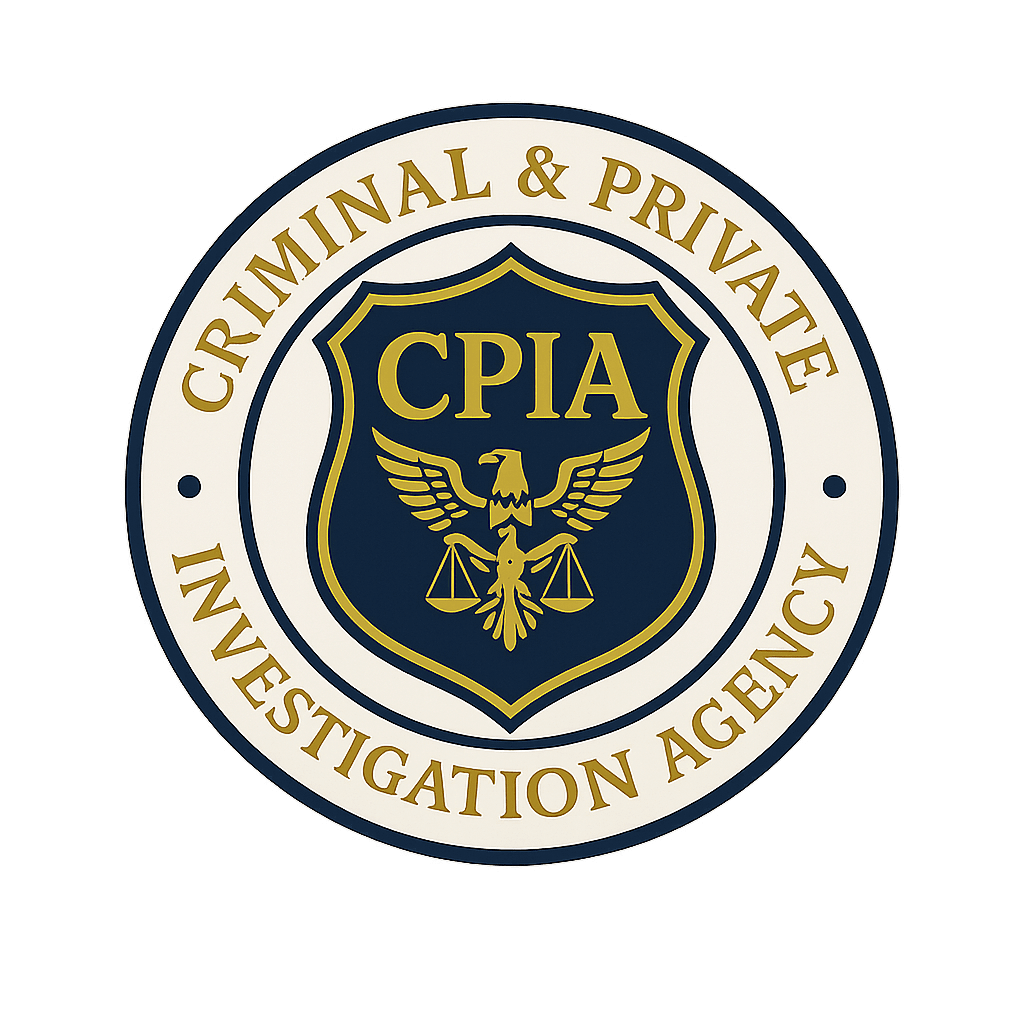
Joint Task Force collaborations

In the ongoing battle against crime, particularly human trafficking and organized crime, collaboration is key. In this blog post, we explore how law enforcement agencies and the Attorney General's offices are forming formidable partnerships to enhance prevention and intervention strategies. By joining forces, these entities create a united front against human trafficking, leveraging their combined resources and expertise to make a significant impact. Furthermore, we delve into the critical role that collaborative efforts play in solving missing persons cases, highlighting why strategic partnerships are essential for effective outcomes. Through these united initiatives, we can build a safer community and foster stronger justice systems together.
In today's complex landscape of crime, the challenges posed by human trafficking, organized crime, and missing persons cases require a robust and united response. Joining forces with law enforcement agencies and partnering with the offices of Attorney General establishes a powerful coalition dedicated to combating these pressing issues. The synergy created through these collaborations not only enhances operational efficiency but also leverages a wealth of resources, intelligence, and expertise to address these multifaceted crimes effectively.
At the heart of these efforts lies a common goal: to protect vulnerable populations and bring perpetrators to justice. Collaborative initiatives underscore the importance of shared responsibilities, combining the unique strengths of each partner to create a formidable defense against criminal enterprises. As we delve deeper into the specifics of these partnerships, we will explore how joining forces with LE agencies and the offices of Attorney General can significantly impact the fight against human trafficking, organized crime, and the search for missing persons. Together, we can forge a pathway toward safer communities and a brighter future.
Joining forces with law enforcement agencies: A united front against human trafficking
Human trafficking remains one of the most pressing issues of our time. It thrives in the shadows, leveraging the vulnerabilities of individuals and communities alike. By joining forces with law enforcement agencies, we create a formidable united front against this heinous crime. These collaborations not only enhance the capacity to detect and dismantle trafficking networks but also aid in protecting victims. When agencies come together, they can share crucial intelligence, coordinate operations, and develop comprehensive strategies that address the multifaceted nature of human trafficking. This synergy strengthens the overall response to such crimes, allowing for more effective prevention and intervention efforts.
Collaboration with law enforcement agencies also promotes public awareness and education on human trafficking. Agencies engage in community outreach, raising awareness and training citizens to recognize potential trafficking signs. When we partner with local, state, and federal law enforcement, we enhance our ability to mobilize resources and provide aid to survivors. By sharing information and best practices, we create a robust framework for combating human trafficking and supporting those who have been impacted. Ultimately, joining forces with law enforcement is not just about enforcement; it is about creating a safer environment for all and making significant strides in the fight against human trafficking.
The role of Attorney General offices in impactful partnerships for organized crime prevention
The offices of Attorneys General play a critical role in the fight against organized crime. By joining forces with law enforcement agencies, these offices contribute legal expertise, resources, and strategic oversight essential for comprehensive crime prevention initiatives. Collaborations between Attorney General offices and local, state, and federal law enforcement not only enhance investigative capabilities but also ensure that cases are prosecuted effectively. This unified approach allows for a more robust application of justice, making it harder for organized crime syndicates to thrive.
Additionally, partnerships with Attorney General offices facilitate the sharing of vital intelligence and best practices among different jurisdictions. This exchange of information is crucial, as organized crime often spans multiple regions and even crosses state lines. By working alongside Attorney General offices, law enforcement agencies can develop targeted strategies that effectively dismantle criminal networks. Furthermore, these collaborations enable the allocation of resources to areas most affected by organized crime, ensuring a more focused and efficient response.
Collaborative efforts in tackling missing persons cases: why partnerships are essential
Addressing the issue of missing persons requires a coordinated approach that engages multiple stakeholders, including law enforcement agencies, community organizations, and legal entities. By fostering effective partnerships, we can leverage resources and expertise that enhance our ability to locate those who have vanished. For instance, collaboration between law enforcement and local nonprofits can provide critical insights into vulnerable populations and help create targeted outreach strategies. This united effort ensures that no stone is left unturned, allowing us to maximize our chances of reuniting missing individuals with their families.
Moreover, the involvement of Attorney General offices can amplify these collaborative efforts by ensuring that legal frameworks support the swift handling of missing persons cases. Prosecutors can advocate for enhanced investigative resources and introduce legislation that prioritizes the rapid response to such cases. When these partnerships thrive, they create a network of support that extends beyond law enforcement, including mental health resources for families and community awareness campaigns. By uniting our efforts, we not only increase the likelihood of solving missing persons cases but also foster a sense of hope and community resilience, reinforcing our commitment to safeguarding all individuals.
Submit a secure inquiry
Your information helps us understand how to fully support you.
Give us a call
(540) 684-6719Send us an email
[email protected]
